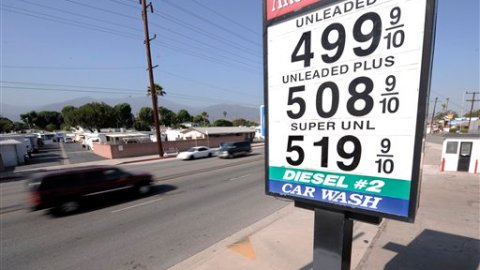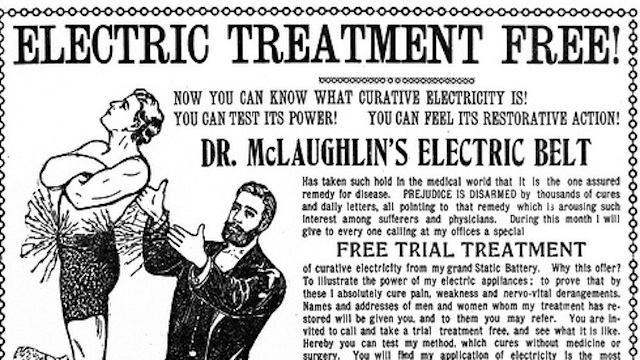Former Shell Executive Predicts $5 a Gallon Gas Prices and a Potential Political Crisis for Obama

Former Shell Oil president John Hoffmeister has been gaining considerable news attention this week for his warning that gas prices might reach $5 a gallon by the 2012 election. His efforts at elevating attention to national energy policy are perfectly timed to take advantage of the year’s slowest news week, pegged to Holiday travel as well as a 2010 end-of-the-year high in gas prices which have crested to 3.052 a gallon nationally, the highest ever for the Holiday week. Hoffmeister’s success at gaining attention and driving discussion is an example of the type of “rapid response” communication strategies I’ve recommended that expert organizations invest in leading up to the 2012 election.
Perhaps most prominently, Hoffmeister appeared as the lead story at CNN in primetime last night, interviewed by Kathleen Parker and Eliot Spitzer. You can watch a segment from his interview below. Hoffmeister strongly supports a pricing system such as Cap and Trade to control for the externality of greenhouse gas emissions from oil and gas. But he also strongly criticizes the Obama administration for lacking a “hydrocarbon” policy, ignoring the need to pursue strategies such as increased domestic drilling to guard against escalating gas prices and to invest significantly in new technologies such as coal sequestration. He supports wind, solar, and other renewable technologies along with eliminating the internal combustible engine through battery powered cars, but argues that it is unlikely these technologies will wean the country off of oil and gas in the foreseeable decades. Instead complementary efforts at increasing the supply of oil and gas while reducing their greenhouse gas emissions are needed. As Hoffmeister laments, the hyper-partisan debate over climate change has eliminated the possibility of having a serious, realistic discussion about energy.
Yet as Hoffmeister warns, gas prices are likely to spike in 2012 just as Obama is seeking re-election. Lacking a policy to directly deal with gas prices, it’s likely that Obama’s handling of this issue, or lack thereof, will be a major criteria by which swing voters will evaluate the president.
Few issues catalyze the direct attention of Americans as much as gas prices. Americans’ personal experience with gas prices represent both an urgent need and overlooked opportunity to elevate policy discussion about energy at the regional and local level. The problem is that we lack the communication infrastructure to do so. By failing to invest in regional and localized communication efforts, expert organizations overlook perhaps the single best opportunity to move beyond the identity politics of climate change and to increase civil discussion and broader engagement about the energy challenge.
See Also:
Holiday Gas Prices: Rapid Response Communication Needed about Energy Choices
A Post-Partisan Plan for Engaging Americans on Climate Change
Upstate New Yorker Says I “Drive to Survive”





